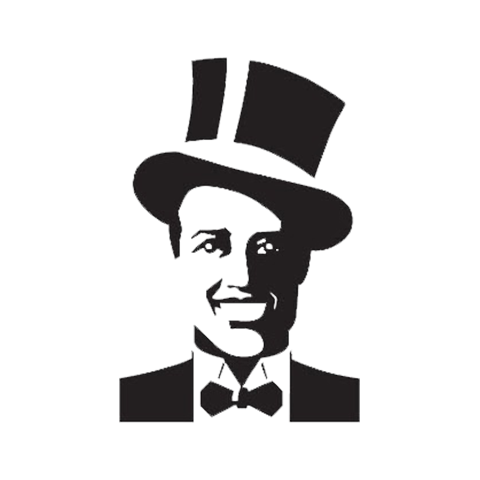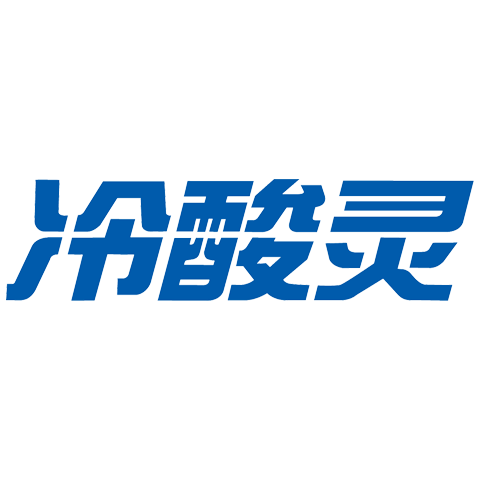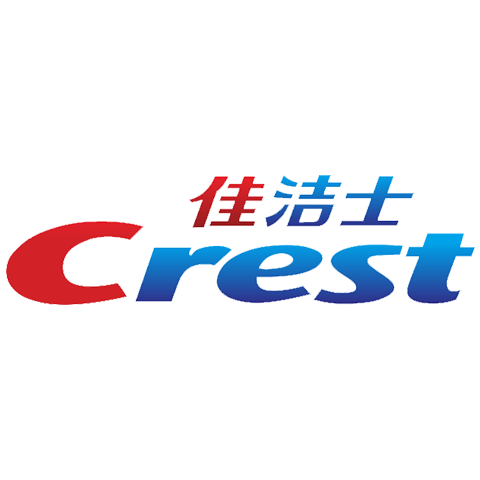Zhonghua was originally a brand of Shanghai White Cat Group, and once dominated the domestic market in the 90s of the last century. Since 1994, Zhonghua, which is in its golden age, has been permanently leased by Unilever Group, and now Zhonghua can almost be regarded as a brand of Shanghai Unilever.
In fact, after Unilever acquired China, its first plan was to launch its two brands Haoqing and Jienuo in the Chinese market through Snow Hidden China. However, with little investment in publicity and new launches, the sales of Zhonghua toothpaste still took precedence over the vigorously promoted but lackluster market response of Jienuo, and then Unilever readjusted its marketing strategy, continued to use the Zhonghua toothpaste brand, and redesigned new toothpaste products for it to continue to promote to the Chinese market.
After the restart, China toothpaste received technical support from Unilever Global R&D Center, and its early positioning was to prevent decay, and it successively launched calcium-containing Chinese toothpaste and Chinese fluorocalcium toothpaste series, which soared in market share at that time, and was recommended as "Shanghai famous brand product" many times. Now China toothpaste has become the only toothpaste brand recognized by FDI (International Dental Federation) in China, and its products cover several series of basic care, whitening, fresh breath and multi-effect, all of which are fluoride toothpaste, with a unit price of about 10 yuan. In recent years, in order to cater to the needs of young consumers in the Chinese market, the positioning has focused more on the effect of whitening.
The former uses silica and perlite as physical whitening friction agents, and adds blue CI77891 coloring particles to the paste to achieve the visual effect of instant whitening of teeth after brushing, which is not effective whitening; The latter uses oxide for chemical bleaching, which has a certain removal effect on exogenous pigments, and also adds colorants to make the toothpaste paste blue, and the visual whitening effect is better than that of healthy teeth. In terms of price, the unit price of 6 yuan for Jianya White is really a people-friendly choice, and Moli Xunbai costs about 15 yuan.
Because Unilever has set a low-cost route for China toothpaste, it has indeed made it a bloody way under the attack of foreign giants such as Colgate, but this also means that the quality and grade of China toothpaste are difficult to improve. As far as the feeling of use is concerned, the toothpaste paste is loose, the taste is flat, and because the pH value is high, long-term use is easy to cause damage to the teeth and oral mucosa, so it is recommended to replace it frequently.













